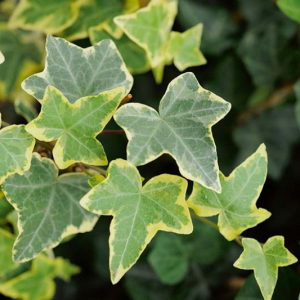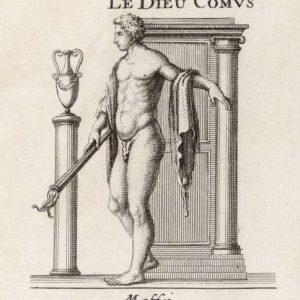English Ivy the forgotten wonder
Ivy leaf is the leaf of the common ivy plant, also known as English Ivy or Hedera helix. It is a green climbing plant that is often found on the sides of trees, houses and fences, more so trees and that’s bad news for the tree as Ivy can kill it. What you may not know is that ivy leaf is as a herbal medicine. It has been for hundreds of years, in addition to this you may be even more surprised to know that Ivy can be made into a washing detergent.
Traditional herbalists used ivy berries against the plague, and ivy leaves boiled in vinegar for stomach aches and for cleansing ulcers. These methods are of course no longer used – in the present day, although you can find ivy leaf as an ingredient in naturally derived cough medicines at your local pharmacy.


- The saponins in ivy leaf can help relieve cough symptoms by helping to:
- Thin the consistency of mucus in your airways
- Loosen the mucus from your chest
- Clear mucus by making it easier to cough up
- Calm coughs
Ivy is traditionally used for relieving breathing disorders. Preliminary research indicates that ivy may be helpful in relieving symptoms of upper respiratory tract infections (URTIs) and disinfecting minor burns and cuts. Ivy is often used on minor skin wounds to prevent infections.
- Collect 20-40 English ivy (hedera helix) leaves, preferably darker (older) leaves, one big handful should be enough. The leaves can only be used fresh, so you have to collect them prior to your laundry.
- Tear the leaves apart in little pieces, using your hands. As English ivy can leave skin irritations (if you have sensitive skin), you might want to wear gloves doing it.
- Put the leaves in a closed laundry net and put it together with your laundry in the washing machine. Can be disposed and composted after use.
Ivy had a great deal of significance in ancient times; it was a symbol of fidelity in Ancient Greece and was associated with the Greek god KOMOS (Comus) of revelry and good times.
KOMOS (Comus) was the god of revelry, merrymaking and festivity. He was the son and cup-bearer of the god Dionysos. Komos was depicted as either a winged youth or a satyriskos (child-satyr) with balding pate and asses’ ears.

More articles here






